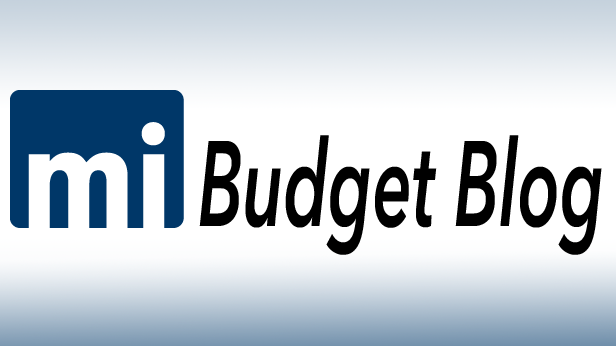
MacIver Institute Budget Blog | May 21, 2015
[Madison, Wisc…] The Joint Committee on Finance (JFC) met for the second time this week to vote on items addressing the Wisconsin Economic Development Corporation (WEDC), department-wide items at the Department of Health Services (DHS) and a few smaller state agencies.Gov. Scott Walker’s original budget proposal would have combined WEDC with the Wisconsin Housing and Economic Development Agency (WHEDA), and would have combined the Department of Safety and Professional Services (DSPS) and the Department of Financial Institutions (DFI). Walker has since backed off of that proposal and majority Republicans are following suit.
JFC passed an omnibus motion on Thursday that would keep all departments as they currently are, but would make a few tweaks to WEDC. Members voted to delete $55 million in the second year of the budget for a regional revolving loan program.
That is a significant move since the savings will be in General Purpose Revenue (GPR), which typically goes to high priority spending such as education and health care. Under another provision, WEDC would be required to give back $12 million in GPR from their existing programs and operations balance, $750,000 of which would go right back out to a few economic development projects around the state.
Where will these savings go now that the “hole” in K-12 state aid has been filled? We most likely won’t find out until next week.
Debate over WEDC was tense, as committee Democrats railed against the agency’s transparency troubles in recent years. Republicans acknowledged the need for WEDC reform but defended the agency’s tools that have in fact played a pivotal role in bringing some jobs and companies to Wisconsin.
Republicans also pointed out that things were not so great under former Gov. Jim Doyle’s Department of Commerce, the precursor to WEDC. Transparency issues abounded there as well, especially under former Secretary Mary Burke.
The discussion got interesting when Rep. Dean Knudson (R-Hudson) confessed that he disagrees with the “main mission” of the economic development agency – opening up the possibility for further reforms in the future.
“It’s not the proper role of government,” explained Knudson during the executive session.
He even admitted that he wished he had not voted for WEDC back in 2011 when he was a freshman legislator. If Knudson’s thoughts are shared among the others in the legislature, Wisconsin may be moving toward a larger conversation about the core mission of government and if direct economic development is a part of it.
Rep. Dale Kooyenga (R-Brookfield) signaled this could happen in the near future. He said further reforms are needed at WEDC and that measures may be introduced this Fall.
A second omnibus forwarded by committee Republicans kept the current state SeniorCare prescription drug system in place, and gave the go ahead for DHS to bargain with the federal Center for Medicaid Services (CMS) to require childless adults receiving Medicaid benefits to contribute a premium.
Gov. Walker sought to shift qualifying seniors with income under 200 percent of
the federal poverty level to the federal Medicare Part D system in 2016 with the hope of reducing costs for SeniorCare going forward.
This transition was estimated to save $55 million in the first year, including $10 million in GPR, according to the Legislative Fiscal Bureau. It seems that special interests, including the powerful AARP lobby, won the day on this potentially prudent reform.
Another plan would have childless adults receiving Medicaid benefits in Wisconsin contribute premiums, but there are very few details about the proposal. This is because the details would have to be negotiated with CMS after they approve a waiver for the plan. However, any contribution amount has the potential to raise a substantial amount of funds based on the fact that Wisconsin’s childless adult Medicaid population has now quadrupled and is scheduled to have 155,200 participants by 2017.
The motion would require DHS to report the final negotiated plan for premiums and the fiscal effects. Any plan would likely not be implemented until the next budget.
JFC plans to meet next week on Wednesday and Friday to finish voting on budget items including the Department of Transportation and the University of Wisconsin System. If agreement cannot be reached by Friday, a Saturday session is possible.
Continue to check back for updates. Plus, follow us on Twitter and like us on Facebook for instant analysis and reaction to the legislature’s budget plans.